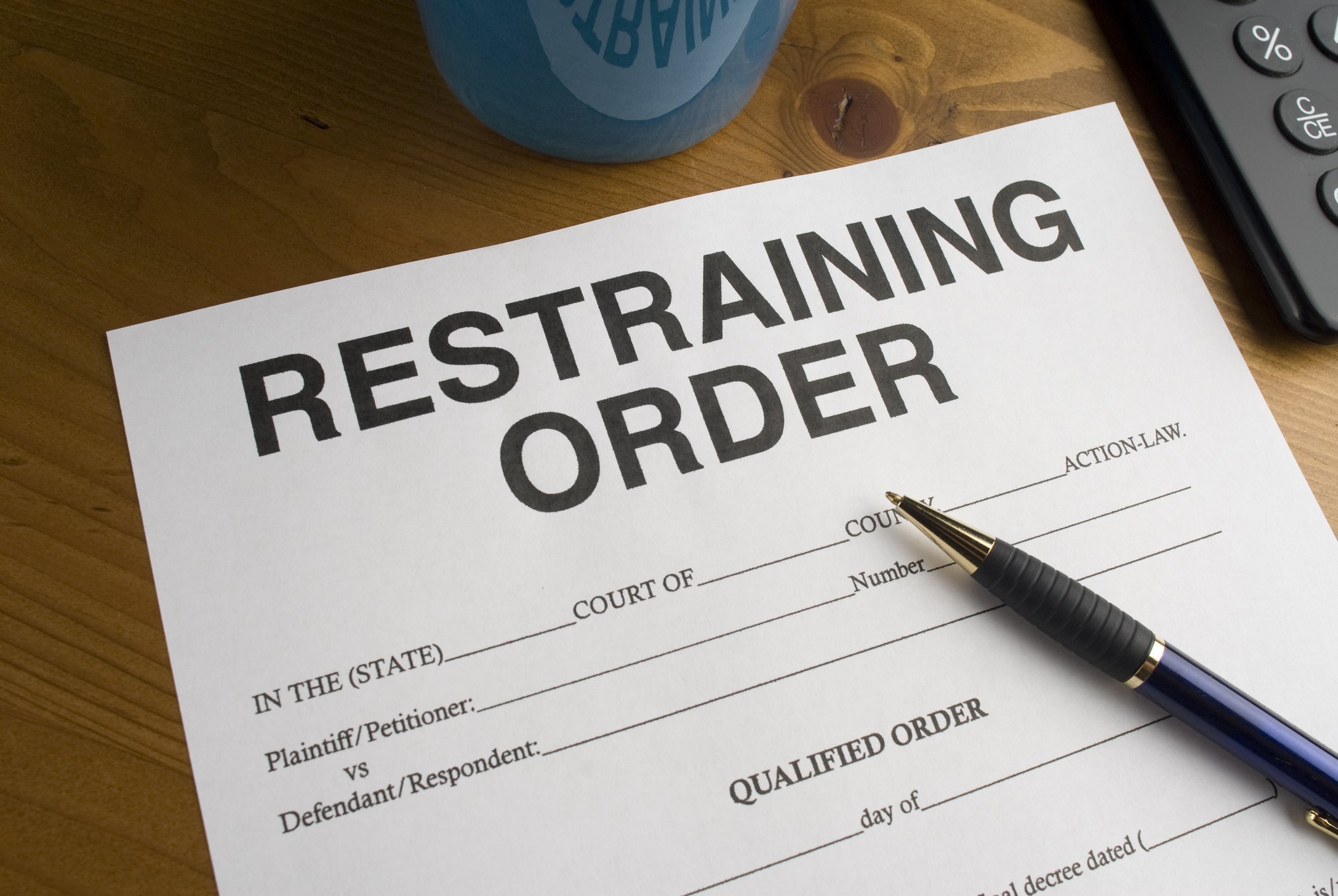A restraining order can have a lasting impact on your life and the other person involved, not to mention other family members and friends.
Whether you’re facing a restraining order or applying for one, navigating the legal fallout can be a difficult and stressful business.
For many, restraining orders are unknown legal territory, and if you haven’t had experience with the legal system before, there are a few things you should know.
What is a restraining order?
A restraining order is a legal order that can be made in a Western Australian court. In general, it protects one person against another person from violence, abuse, harassment, damage to personal property, or the threat of any of these.
How does a restraining order work?
Once a restraining order is in force, the interim and final orders can restrict the respondent from doing certain things. In most circumstances, it prevents physical contact between you and the other person (person protected), with a breach of this resulting in a serious legal offence.
What kind of restraining orders are there?
Three main types of restraining order exist in Western Australia:
1. Violence Restraining Order
A violence restraining order or VRO protects someone from physical abuse and harassment, damage to property, or even threats to do any of these. These Orders can be obtained by anyone and everyone who suffers from “personal violence”. “Personal violence” can include assault, criminal damage, deprivation of liberty, stalking, or threats to do any of these wrongful conduct.
2. Family Violence Restraining Order
A family violence restraining order or FVRO protects an individual and or family against violence or harassment where the respondent is a family member or relative.These Orders can be obtained against a family member/ or former family member, who suffers from “family violence”. The definition of “family violence” can include many forms of wrongful conduct as defined in the Restraining Orders Act 1997 (WA).
3. Misconduct Restraining Order
Also known as an MRO, this type of restraining order is to protect the public against the actions of an individual who is deemed to be a nuisance or prone to disturb the peace. If the person protected is offended or intimidated by a certain behaviour, and that the behaviour can be objectively viewed to be “offensive” and/or “intimidating, then the person protected can apply for an MRO.
The person protected from each of these restraining order applications can also obtain a final order by proving to the Court that the person bound is likely to behave/ commit an act of family violence, personal violence, or behaving in an intimidating or offensive manner in the future.
What happens if I breach a restraining order?
If you breach a restraining order this is a criminal offence and can be charged as one. Violating the terms of a restraining order can result in fines up to $6000, imprisonment up to 2 years, or both.
If a family violence restraining order is violated with exacerbating circumstances such as violence being carried out in front of a child, the repercussions can be even more severe. If an FVRO is breached more than two times, the third time may result in a term of imprisonment.
For lesser misconduct restraining orders, the fine is a maximum of $1000.
Will a restraining order go on my record?
No, it won’t. However, a conviction of a breach in restraining order will automatically become a criminal offence.
If you accrue a criminal offence for breaching the terms of a restraining order this will most definitely go on your record. It may also affect criminal proceedings that may occur in the future, especially in family cases.
Will a restraining order impact my career?
From a legal standpoint (restraining order applications)- probably not. Only the police and the courts will hold records of restraining order applications, and it will not show up on your record unless you breach the terms, or commit another offence where that restraining order becomes evidence (restraining order breach/ convictions).
However, that’s not to say that the implications of a restraining order won’t hurt your quality of life and interpersonal relationships. Being separated from family members and others close to you can take a serious toll. Likewise, for someone who is initialing a restraining order, the implications can be daunting.
How long do restraining orders last?
Depending on your circumstances, restraining orders can last up to 2 years. Initial and temporary restraining orders can last anywhere from 72 hours up to 6 months, depending on the situation.
If you are unsure about when a restraining order is set to end, you may want to consider seeking legal advice.
Can I contest a restraining order?
It is possible to contest a restraining order in court. However, choosing to object to the order does have its own set of outcomes. To contest a restraining order need to file a “notice of objection” at the relevant magistrates court. The “notice of conviction” must be filed at court within 21 days. Otherwise, the presiding magistrate is likely to grant a final order of 2 years in favour of the person protected. If the interim order is objected, the court will set a date for the hearing in which the result will be finalised during a trial hearing. Any temporary restraining orders in place before the hearing will remain valid.
Seek legal advice
Restraining orders is no easy thing, for anyone involved.
If you’re unsure about how to proceed or have any questions about a restraining order no matter where you are in the process, hiring qualified criminal defence lawyers for assistance can be the best thing you do.
Professional and experienced lawyers can help you with everything from filling in the right documents, ensuring your hearing goes smoothly, and get the best possible outcome for you.

